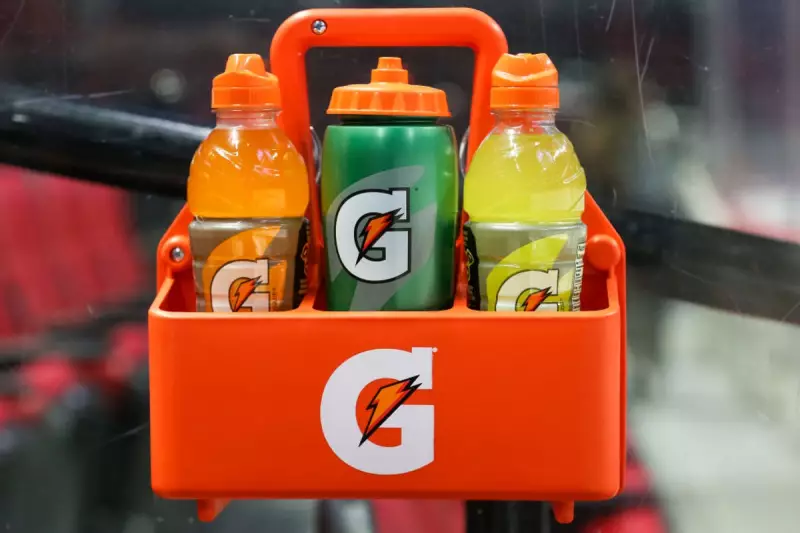
In a dramatic turn of events that has sent shockwaves through the world of athletics, teenage sprinting prodigy Issamade Asinga has been cleared to return to competition after the Court of Arbitration for Sport (CAS) overturned his controversial doping ban.
The Contamination Defence That Worked
The 19-year-old Surinamese-American athlete successfully argued that his positive test for a banned substance resulted from contaminated Gatorade supplements. CAS panelists concluded that Asinga had established how the prohibited substance entered his system, accepting his contamination defence in a landmark ruling.
This decision reverses the four-year suspension initially imposed on the young sprinter, who had been considered one of athletics' most promising emerging talents before the doping allegations surfaced.
A Career Resurrected
Asinga's career trajectory had been nothing short of meteoric before the controversy. The teenager had smashed the World U20 100m record with an astonishing 9.89 seconds performance, immediately marking him as a future global sprinting star.
The doping ban had threatened to derail his career entirely, with the initial suspension potentially keeping him out of competition until 2027 – effectively ending his prime competitive years before they'd properly begun.
The Gatorade Connection
The case centred around contaminated Gatorade products, raising significant questions about supplement safety in elite sports. Asinga's legal team presented compelling evidence demonstrating how the banned substance could have entered his system through no fault of his own.
This ruling serves as a stark warning to athletes about the potential risks of even commonly used supplements and highlights the ongoing challenges in maintaining a level playing field in international athletics.
What This Means for Athletics
The CAS decision sets an important precedent for future doping cases where contamination claims are made. It demonstrates that athletes can successfully challenge positive tests when they can provide convincing evidence of unintentional ingestion.
As the athletics world digests this ruling, attention now turns to how quickly Asinga can return to his previous world-beating form and whether he can fulfil the enormous potential he demonstrated before his enforced absence from the sport.





